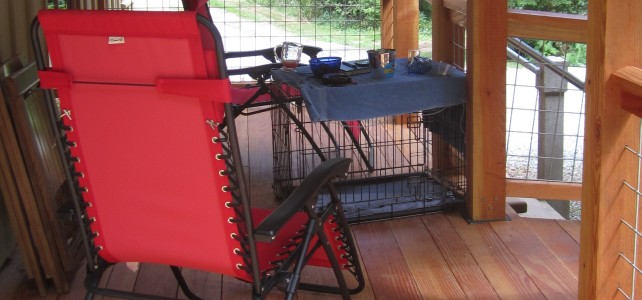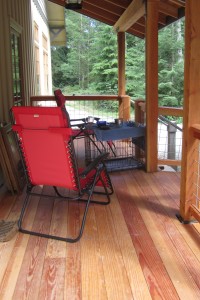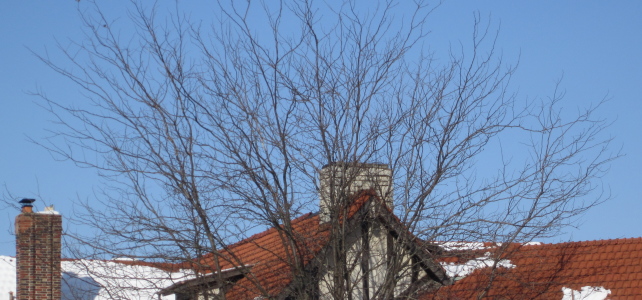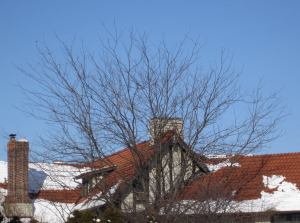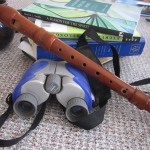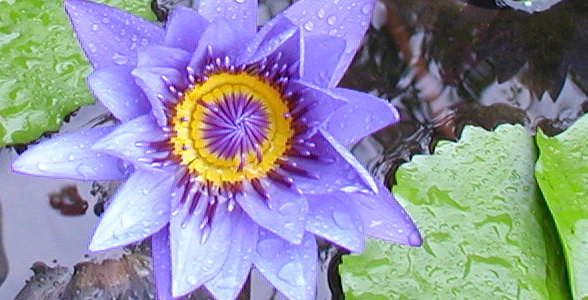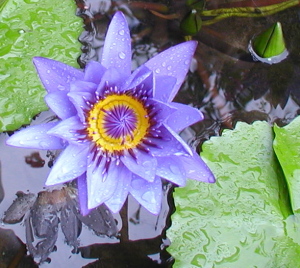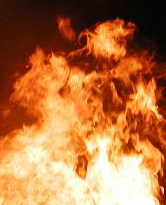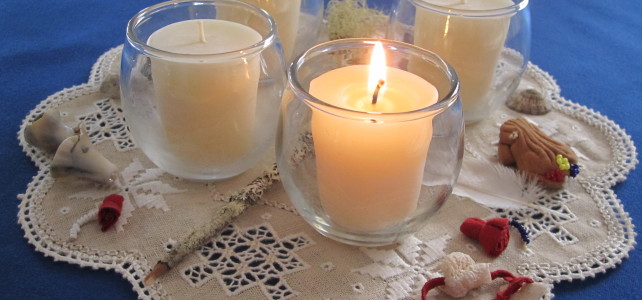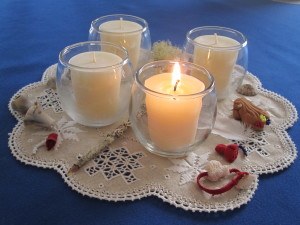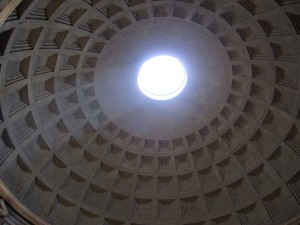
PHOTO: Mary van Balen
Dome of Pantheon, Rome, Italy.
Originally published in The Catholic Times August 14, 2016 issue
While preparing to write this column, I read through the Mass readings for the week as I often do. Actually, I had a topic in mind, but the Spirit had another tucked into Sunday’s second reading from the Letter to the Hebrews. “Brothers and sisters:” it begins, “Since we are surrounded by so great a cloud of witnesses, let us rid ourselves of every burden and sin that clings to us and persevere in running the race that lies before us while keeping our eyes fixed on Jesus, the leader and perfecter of faith.”
It was the phrase “keeping our eyes fixed on Jesus” that let me know clearly, this was the column. Here’s the back story. Last month, I sent an email to a good friend in Boston asking for prayers. We’d met during our first gathering for members of Shalem Institute’s Spiritual Guidance Program a couple of years ago and have stayed in touch ever since, continuing to share our journeys through letters, emails, and an occasional phone conversation.
When I wrote that email, life was feeling particularly overwhelming. Changes in family routine and a world where violence seemed more random and sinister than ever—though of course it’s always sinister and often random—were getting the best of me. My “worry gene” had kicked in, and I couldn’t quiet my mind or spirit for long. Falling asleep at night was difficult.
The email request for prayer wasn’t about this sense of turmoil, but as the Spirit would have it, my friend’s answer was.
It turned out he was on a challenging retreat. With the change of venue from a lovely new retreat house on the ocean (the building had fallen behind schedule and wasn’t ready) to a gloomy, old institutional building that once housed a seminary, and the discovery that the retreat was for spiritual directors giving the Ignatian Exercises (which he was not), the first few days were tough going.
He felt distant and agitated. Then, as he wrote: “I heard Christ telling me: ‘Look at me. Just at me.’ Finally, last night, I was able to settle a bit in prayer.”
I couldn’t get those words out of my mind. “Look at me. Just at me.” That night, I tried to do that, to keep my focus on Christ. Not on events swirling around me and pulling me with them into dis-ease and anxiety. I fixed the gaze of my heart on Jesus. The one who loves. The one who holds. The one who is always “with.”
It wasn’t easy. Nagging fears and a sense that the world was somehow careening out of control kept calling for my attention. Not being sucked into the chaos required a conscious choice again and again, to heed Christ’s words: “Look at me.”
Slowly, that choice to look at Love made a difference. The grip of events that were tempting me with illusions of the ability control them loosened. Instead of imagining control, I felt moved to surrender to trust instead. Not a trust that everything was going to go as I wanted it to or that evil didn’t exist, but a trust that everything didn’t depend on me and my constant attempts to figure it out. The chatter that filled my head started to fade until finally there was blessed quiet. Churning and turmoil was being replaced by stillness and calm.
I slept well that night, and many nights after. Whenever I felt worry taking hold or fear seeping in to my center, I repeated the Christ’s injunction: “Look at me. Just at me,” and turned the eyes of my heart to Love.
So today, when I came across the admonition in Hebrews to embrace the wisdom of the “cloud of witnesses” and let go of burdens and sin that cling to us, to go forward and meet whatever is ahead while keeping our eyes on Jesus, I remembered my friend’s words that have become a powerful prayer for me.
It’s not magic. Sleep sometimes eludes. Deep openness is still gift. I wake up knowing I have work to do. Transforming the world is everyone’s work. But we don’t do it ourselves. We do it by letting Love fill us until we can bring that Holy Mystery to every place and every person we meet. Somehow, we face the evil and craziness and unknown with the steadiness of Love. I’m not sure how it works. It has something to do with being present. It has something to do with trust. It has everything to do with Love.
©2016 Mary van Balen
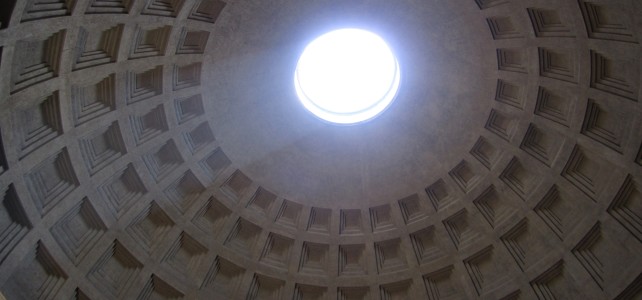
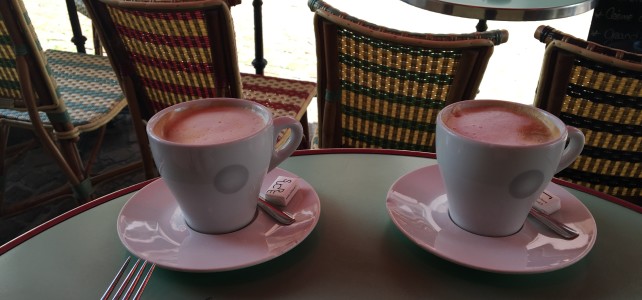
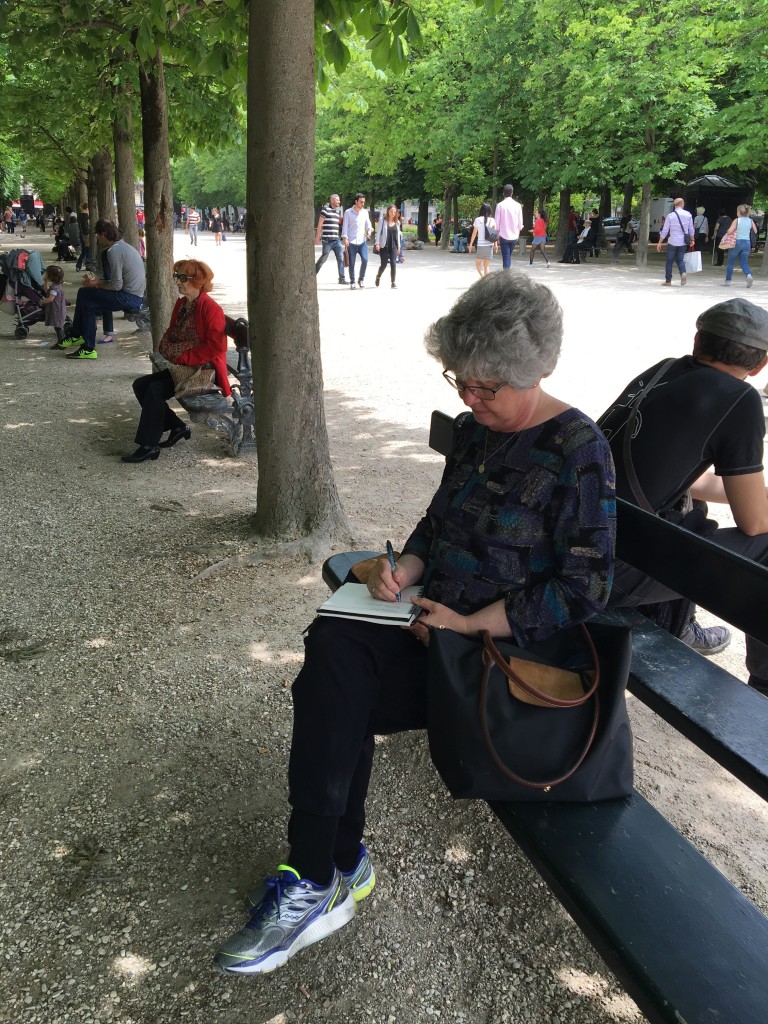
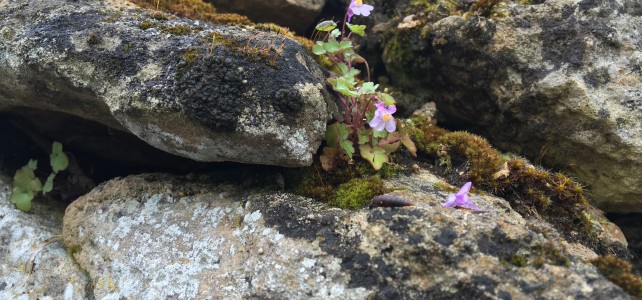
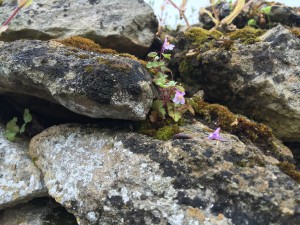
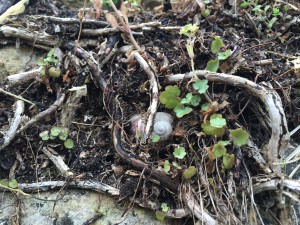
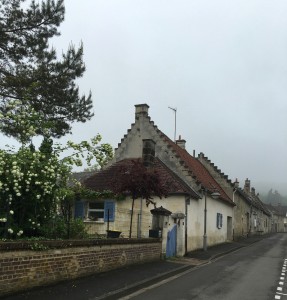
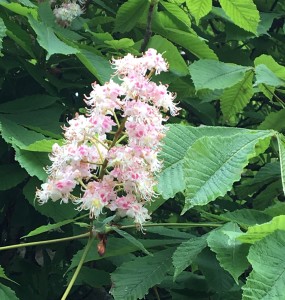
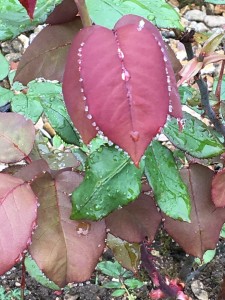
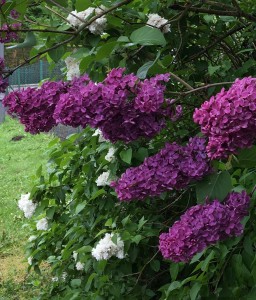
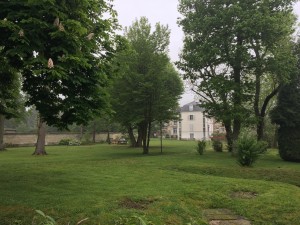
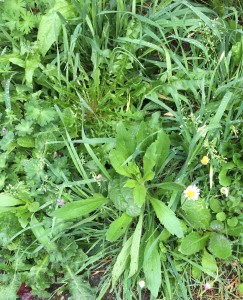
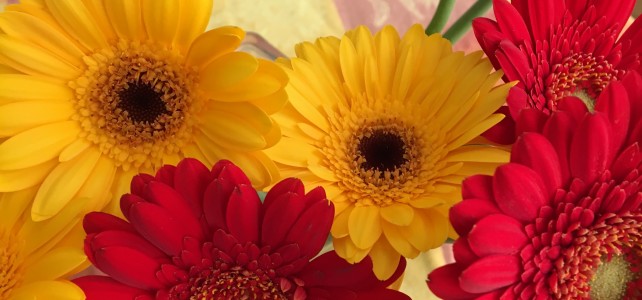
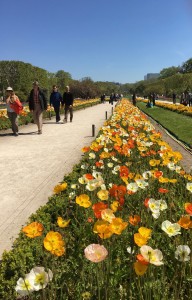
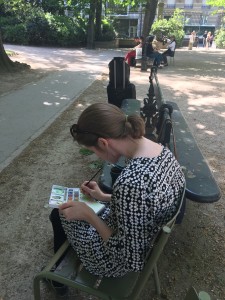
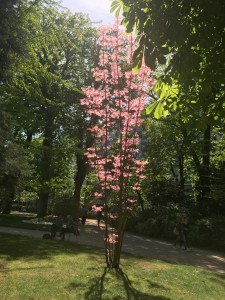
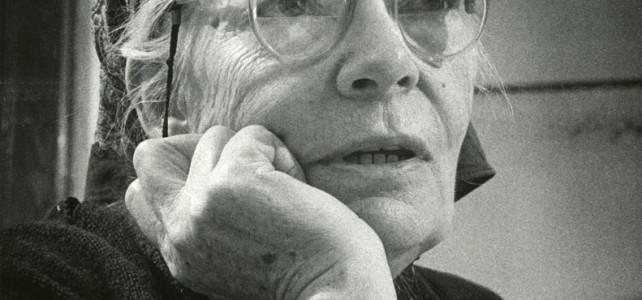
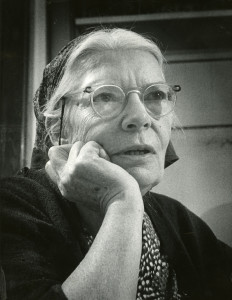
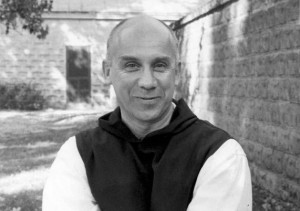 Pope Francis also recommended Merton’s openness to God in a contemplative style of prayer. Merton in the midst of a world immersed in “noise” of all types—digital, visual, aural—pouring out of players, electronics, out of the depths of our souls, calls us to quiet presence. For those who fill up every moment with activity and distraction, he says, “Be still. Listen.”
Pope Francis also recommended Merton’s openness to God in a contemplative style of prayer. Merton in the midst of a world immersed in “noise” of all types—digital, visual, aural—pouring out of players, electronics, out of the depths of our souls, calls us to quiet presence. For those who fill up every moment with activity and distraction, he says, “Be still. Listen.”